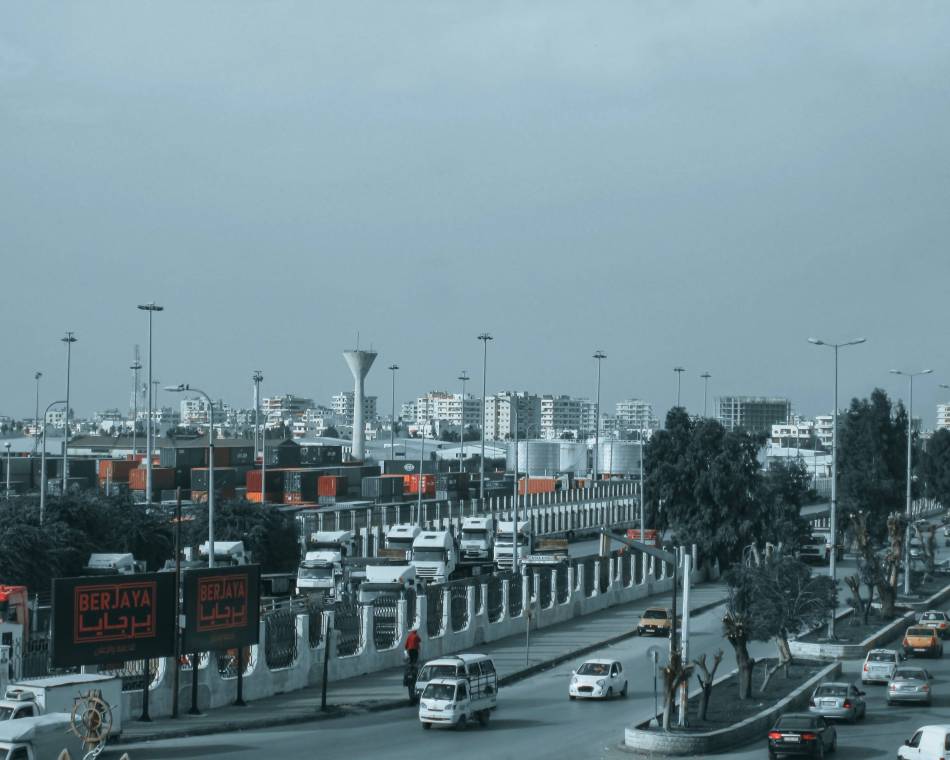GENEVA (AN) — It had been three-quarters of a year since the last round of talks, so just getting back to the negotiating table was considered progress. As with previous sessions, however, the sixth round of Syrian talks to draft a new constitution ended as a "big disappointment," the U.N. special envoy to Syria, Geir Pedersen, told reporters on Friday.
The weeklong talks within the United Nations' European headquarters at the Palais des Nations opened at the start of the week, nearly two years since the first meetings of the Syrian constitutional committee began. The committee's initial 150 participants were winnowed down to three teams of government, opposition and civil society representatives, each with 15 members.







